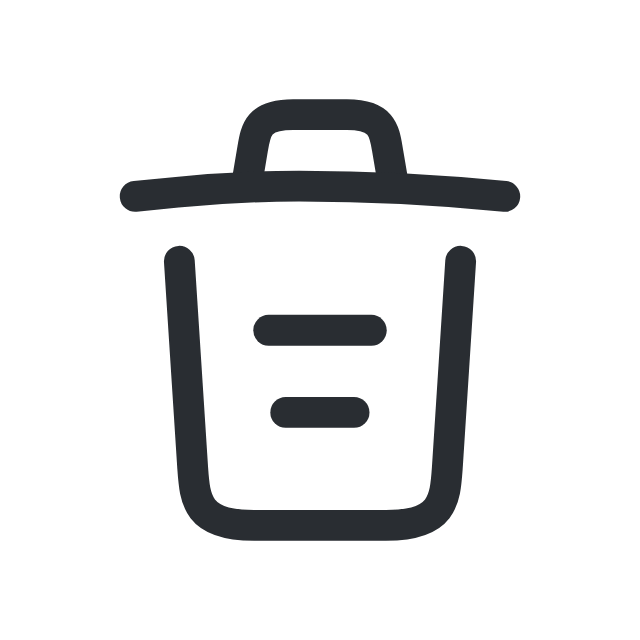Tips for Interviews & Writing Essays
If you're free to write your application essay on any topic under the sun, you'll need to pinpoint a topic that's just right for you. To narrow your options, consider the following:
Use the essay to reveal yourself. Talk about what that winning basket meant to you last year, or how proud you were when you received a complimentary letter from someone who read your editorial in the school paper. This will help admissions counselors know the real you, not just the numbers on your transcript or college admissions test.
Use the essay to show you are a hard worker. If you've dealt with something difficult in your life, use it to show how you worked hard and overcame it. If there is particular hardship (like a family illness, a disability or a death) that affected your high school performance, you should provide admissions counselors with a separate written record of this.
Use the essay as an explanation for grades. If a teacher gave you low marks, show how you persisted and how your grades improved. Only do this if the outcome is positive. If you just couldn't get along with a teacher, it will reflect poorly on you.
Use the essay to show what you can do with opportunity. Write about your first job. Write about how you have sought mentors in your life. Write about how you are excited to start your chosen career field because it's always been your dream, and attending college will make it a reality.
Use the essay to show your writing skills. Show admissions counselors your writing, organizational, analytical and language skills. Writing is often a big part of college, and admissions counselors will use your essay as a measure of how well you write. If you use humor, have a teacher or counselor review your essay to make sure the humor is appropriate.
If you're still having trouble choosing a topic or simply getting started, don't be afraid to ask for help. Most students do! A parent, teacher, school counselor or other trusted adult can be a valuable resource and may offer you insights about yourself.
Have high school teachers look at your essay for spelling, grammar and punctuation mistakes. Make revisions to the essay until you are satisfied it's the best you can do.
Things to Avoid in Your Essay
- Don't write what you think the admissions office wants to hear.
- Don't write about information that you supplied elsewhere in your application.
- Don't be too wordy. Be specific but eliminate unnecessary words.
- Don't simply list your experiences or accomplishments. Describe how they're relevant.
Interview Tips
Admissions interviews probably aren't high on your list of fun, but you can ace it by being yourself at your best. So remember the following:
- Dress your best.
- Act normal, be yourself.
- Answer all questions truthfully, and to the best of your ability.
- Have answers prepared for your proudest accomplishment, a difficult situation that you handled well, and why your favorite teacher is your favorite teacher.
- Ask questions of the people who are interviewing, think of some before hand, like "Would you send your child to this college?" or "What can I expect from professors here if I need help?"
- Let them know why you want to attend the school.
- Let them know what's so great about you. Why should they admit you?
Plus, don't feel obligated to answer questions about the other schools you're considering.
Quick Links
- Why College?
- Explore Your Interests & Careers
- Prepare at School
- Summer Academic Enrichment Program
- Earn College Credit in High School
- Recommended High School Classes & Graduation Requirements
- Advice for Students with Disabilities
- Succeed as an Adult Student
- Useful College Prep Resources
- Minnesota Goes to College!
- Get Ready Program Overview
- College Planning Presentation Information
- College Navigator Presentation Request Form
- Minnesota Indian Scholarship Program Outreach
- Competitive Grant Programs
- Dual Training Grant
- Public Engagement Calls
- "Life After Now" Podcast
- Certified Nursing Assistant Training
- Direct Admissions Minnesota
- Collecting Data from Minnesota Postsecondary Institutions
- Campus Financial Aid Administrator Resources
- Statewide Financial Aid Conference
- Campus Student Enrollment Reporting Resources
- Ordering Materials for Your Students
- Supplementing Your College Counseling
- Early Awareness Efforts
- Student Homelessness in Higher Education Resources
- Shared Library Resources
- MN FAFSA Tracker
- Campus Sexual Violence Prevention and Response
- Statewide FAFSA Filing Goal
- Financial Aid Estimator
- Online Applications
- About Financial Aid
- What Does College Cost?
- Tips for Lowering the Cost of Higher Education
- Institutional Payments
- Financial Aid You Don't Repay
- Financial Aid You Must Repay (Student Loans)
- Financial Aid You Earn
- Military Service Education Benefits
- Reduced Out-of-State Tuition Options
- Education Tax Benefits
- New Video Demystifies Paying for College
- Public Service Loan Forgiveness
- Useful Online Resources
- Ready, Set, FAFSA!
- Data Maps and Infographics
- Educational Attainment Goal 2025
- Minnesota Measures
- Minnesota P-20 Statewide Longitudinal Education Data System
- College Readiness & Participation Data
- Student Enrollment Data
- Degrees, Graduation Rates, Attainment & Outcomes
- Financial Aid Data & Trends
- Tuition & Fees Data
- Student Health and Safety
- Institution and Data Search
- Transfer Students
- Research Reports
- A-Z Data Table Index




